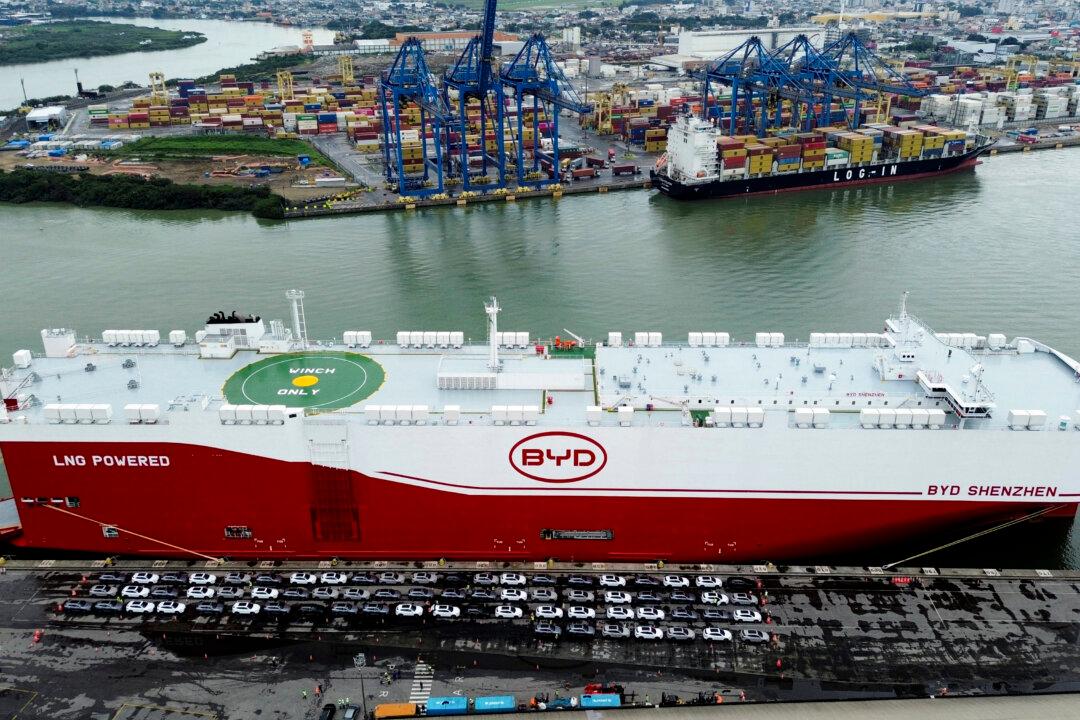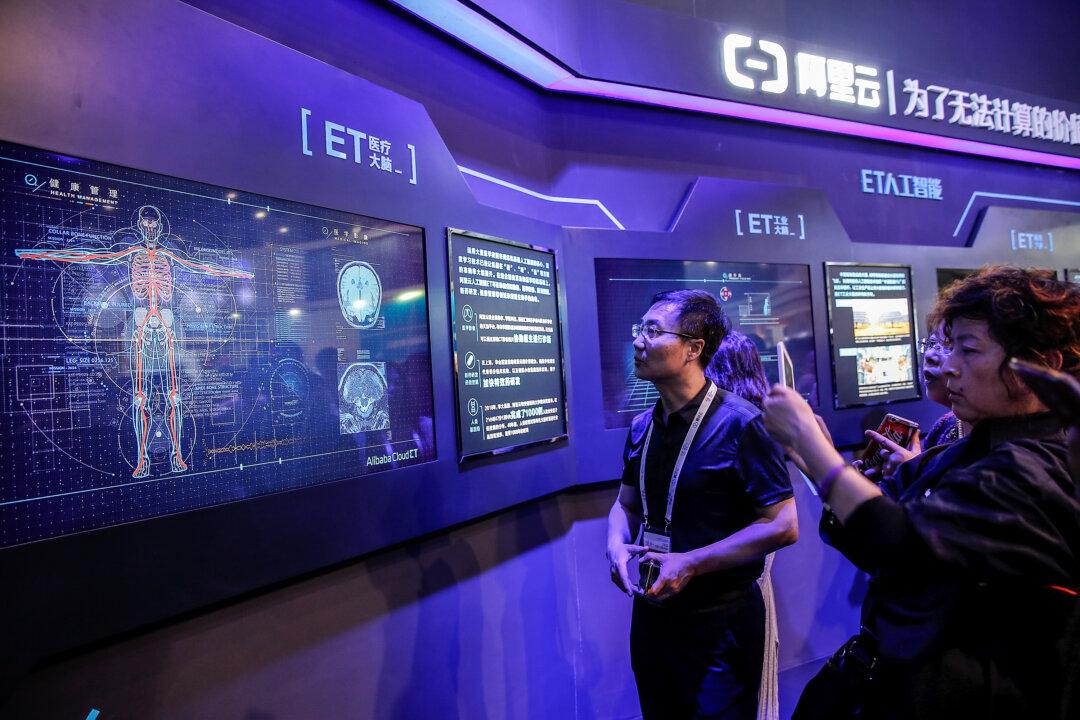As Brazil has become one of the most important target markets for China’s automakers seeking to manage their electric vehicle (EV) overcapacity, local auto industry and labor associations have expressed growing concerns over the impact of the flood of cheap Chinese cars.
China’s largest EV and plug-in hybrid car company, BYD, has shipped four batches of its products to Brazil so far this year, totaling about 22,000 vehicles.
It is estimated that in 2025, the import of complete vehicles from China to Brazil will increase by nearly 40 percent to 200,000 vehicles, accounting for about 8 percent of the country’s light vehicle registrations, according to Brazil’s main auto association.
In 2015, Brazil waived tariffs on BYD and other manufacturers to promote EVs. In order to draw investment and develop Brazil’s domestic auto industry, in 2024 the Brazilian government restored the 10 percent tariff on foreign EVs and has planned to increase it every six months so it will reach 35 percent by 2026.
Brazil’s auto industry and labor groups are concerned that Chinese automakers are taking advantage of the window before the import tariffs are fully raised to dump vehicles in large quantities, rather than investing in building factories in Brazil and creating jobs for local communities.
BYD announced in 2023 that it had acquired Ford’s old plant in Bahia, Brazil. It was originally scheduled to be put into use in 2024, but because of an investigation into labor violations, the date for full production was postponed to the end of 2026.
Another Chinese company, Great Wall Motor, has also delayed its plan to set up a factory in Brazil for more than a year and has not yet officially started production.
Brazilian auto industry and labor groups are lobbying Brazil’s government to increase the import tariff on EVs from the current 10 percent to 35 percent one year earlier, instead of gradually raising it, to protect domestic industry.
“We support the arrival of new brands in Brazil to produce, promote the components sector, create jobs and bring new technologies,” said Igor Calvet, president of the Brazilian Association of Automotive Vehicle Manufacturers. “But from the moment that an excess of imports causes lower investment in production in Brazil, that worries us.”
China’s sluggish economy and weak domestic consumption have put further pressure on Chinese EV makers, which have already been struggling with overcapacity.
BYD launched a large-scale price reduction campaign in May, with 22 models reduced by as much as 34 percent. Other Chinese automakers have had to follow suit, slashing prices. China’s auto industry has also fallen into an unprecedented internal price competition.
In order to absorb the overcapacity, China’s auto exports have increased significantly in the past five years. Cheap Chinese EVs have been flowing to Europe, Southeast Asia, and Latin America, which has put pressure on their domestic auto industries.
In response, the United States has imposed 100 percent tariffs on EVs imported from China. To protect its domestic industry, the European Union raised tariffs on China’s EVs to 45 percent.
Brazil is becoming a new focus of China’s global expansion in the auto industry.
Brazil: Gateway to South American Market
“Now, the whole world is on guard against China’s massive dumping of EVs,“ Li Hengqing, a U.S.-based independent economist, told The Epoch Times on June 20. ”They are afraid that once they enter their markets, it will bring down the entire EV industries of their countries.“Brazil is an important bridgehead for China to enter the South American market. Now they can’t let Brazil lead these South American countries to boycott their electric vehicles.”

Li noted that the current government in Brazil, led by President Luiz Inácio Lula da Silva, is left-leaning and close to China, and “has a very tense relationship with the United States.” Li anticipated that the Brazilian government might not take immediate measures to curb Chinese EVs.
Independent Chinese economist Leng Yan, also known for running the independent finance program “Caijing Lengyan,” told The Epoch Times on June 20 that BYD’s alleged violation of labor rights in Brazil has indeed caused a strong response in the country and might cause the Brazilian public to oppose Chinese products.
“But I think the Brazilian government will take a compromise measure,” Leng said. “[The] Brazilian government is relatively pro-China, and Brazil’s economy is highly dependent on China.”
As an example, he cited China’s increasing imports of soybeans from Brazil to replace such imports from the United States amid the trade war between China and the United States.
“In addition, Brazil also has some iron ore or minerals, and agricultural products exported to China, which is a very large market,“ he said. ”Brazil will not easily offend the Chinese government.”






